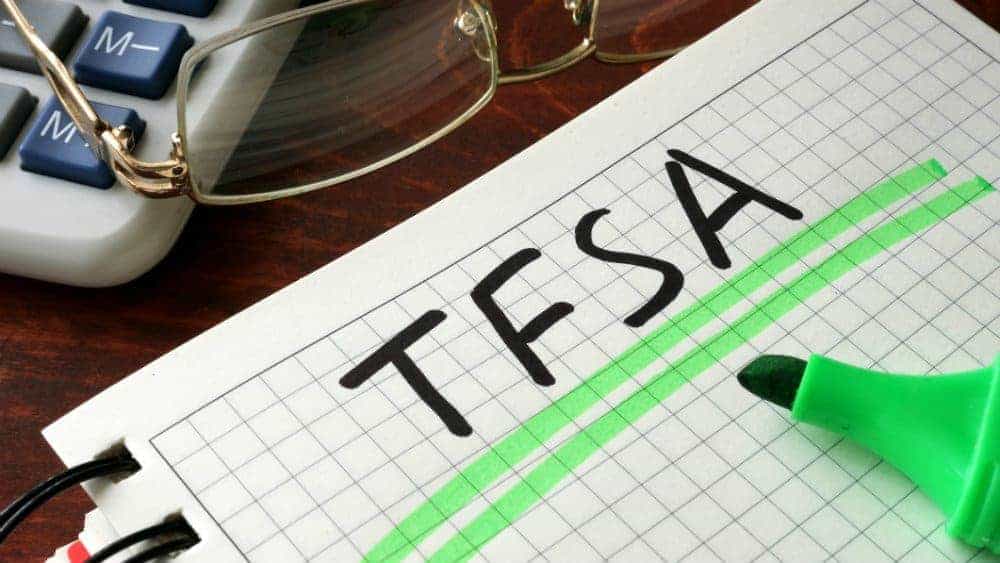The latest market crash has already created many lessons to learn from.
First, you always need more money than you think. All of us know someone who is either approaching or already in retirement. In the last few weeks, their nest eggs have been slashed by 20% or more. This market crash could take years off their portfolios’ life.
Second, flexibility is key. During a market downturn, it’s incredibly important to keep buying. If you bought stock a few months ago, why wouldn’t you buy more today when prices are significantly lower? But even the best-laid plans can go awry. Sometimes, pulling money out of your investment portfolio is a necessity. Having the flexibility to do so without penalty is a big advantage.
Finally, it pays to do your future self a favour. What does that mean?
Whether you plan on retiring in five years or 50, your future self is relying on your present self to make some sacrifices. Whether that’s saving on a regular basis or choosing a more aggressive retirement vehicle, anything you do today to ease the burden for your future self is always a winning move.
Here’s the thing: all of these lessons learned can be accomplished by using a TFSA. If the recent market crash has taught us anything, it’s that investing with a TFSA is a must for all Canadian.
Beat the market crash
The key feature of a TFSA is that it permanently shields your capital from taxes. This is why TFSAs are the ideal way to invest during both bull and markets.
When markets are rising, you’ll typically accrue a large tax bill from dividends and realized capital gains. But not with a TFSA. This keeps more money in your account, which means it will compound more over time. For example, let’s say that you generate a $5,000 gain. Taxes may reduce that figure to $4,000. With a TFSA, you keep the full $5,000.
Now let’s assume that you keep those gains in your investment account for 20 years earning a 10% rate of return. If you started with $5,000, your money would grow to roughly $34,000. If you started with $4,000, you’d end up with only $27,000. A $1,000 difference in initial capital ultimately leads to a $7,000 gap in final capital.
With a TFSA, your money compounds faster by avoiding taxes for as long as the money is kept in the account. During a market crash, this tax benefit is even greater, for you can buy cheap stocks that can grow immensely over time. With a TFSA, 100% of the gains are protected, no matter how large your portfolio gets.
TFSAs are simply a great way at getting more out of your portfolio. The vast majority of savers need to pay taxes on their earnings. TFSA holders keep everything they’ve earned, which is a nice bonus during retirement.
TFSA withdrawals are also allowed at any moment, for any reason, without penalty. That flexibility is why you should always max-out your TFSA contributions before moving to another retirement vehicle.
But what about RRSPs? These accounts use pre-tax dollars, meaning you lower your tax bill today. TFSAs use post-tax dollars, meaning you take the hit today, but you don’t need to pay taxes upon withdrawal.
Both RRSPs and TFSAs have their place, but there’s no arguing that TFSAs do more for your future self. By taking the tax hit now, you give your future self the luxury of a tax-free retirement. It involves more upfront sacrifice, but when possible, opt for a TFSA first.










